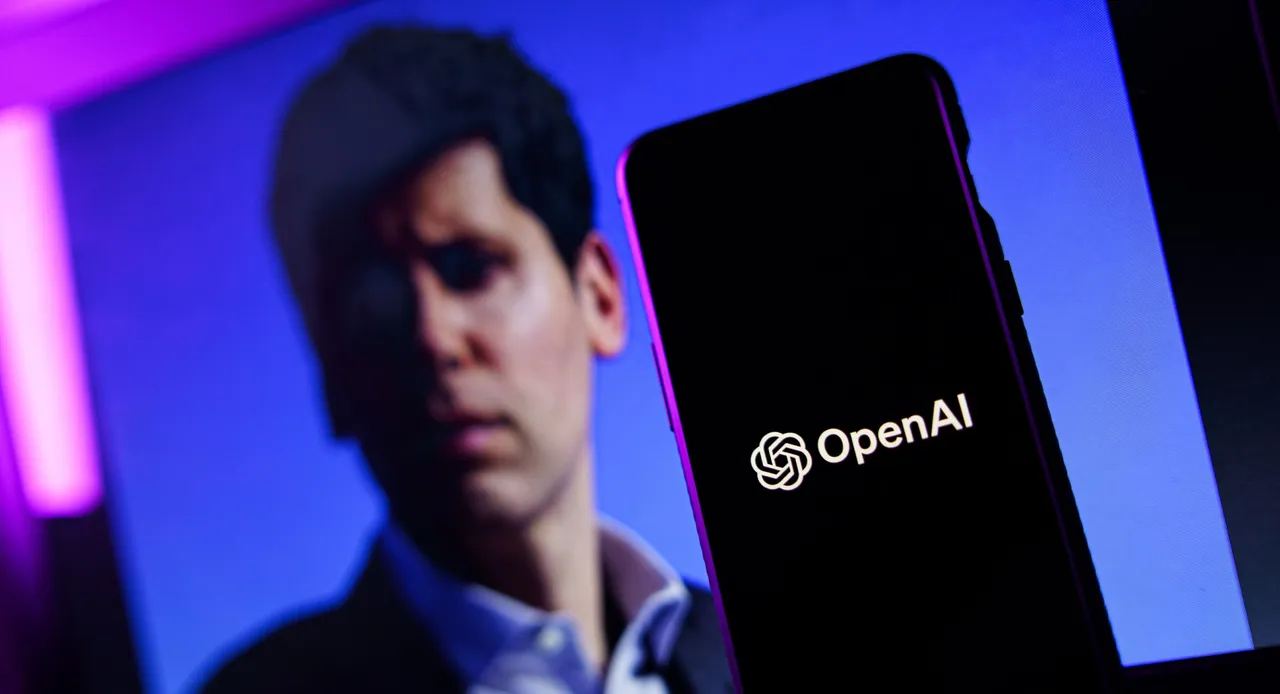OpenAI Shifts Gear: Pivots Heavy Into Enterprise Partnerships

At its annual developer conference on October 6, OpenAI laid out a strategic shift — placing a “huge focus” on expanding its reach into enterprise markets through a wave of new partnerships.
CEO Sam Altman told reporters that OpenAI is doubling down on business users, stepping beyond its strong consumer momentum. To that end, it announced collaborations with Spotify, Zillow, and Mattel, aiming to embed its AI tools into everyday apps and services.
One of the big reveals was a set of developer tools enabling third-party apps to plug into ChatGPT. For example, users could ask ChatGPT to build a music playlist on Spotify or narrow down property listings on Zillow — all from within those apps.
Executives described this as part of a broader transformation: ChatGPT evolving from a standalone app to something more like an operating system, a central hub through which users access multiple functions.
Nick Turley, Head of ChatGPT, said:
“Over the next six months, you’ll start seeing ChatGPT evolve into something more like an OS.”
Greg Brockman, OpenAI’s President, reaffirmed the company’s commitment to building a top-tier enterprise platform.
Market Ripples & Context
News of these partnerships had immediate market effects. Shares of some partner companies — such as Zillow, Figma, and AMD — jumped, reflecting investor confidence in the OpenAI stamp.
AMD in particular benefited, having just struck a chip deal with OpenAI that sent its stock soaring.
Altman also acknowledged that parts of the AI industry may seem “bubbly” right now, but voiced confidence that real value will emerge from focused enterprise use cases.
Why the Push Into Enterprise Matters
- Revenue expansion: The consumer market is saturated; enterprise adoption offers a new growth frontier.
- Stickiness through integration: By becoming the backbone of business apps, OpenAI can entrench itself deeper in the workflows of organizations.
- Diverse use cases: Business settings demand features like security, customization, and reliability—areas where general consumer models are often weak.
- Strategic partnerships: Collaborations with large established brands (Spotify, Zillow, etc.) help validate OpenAI’s business ambitions.

